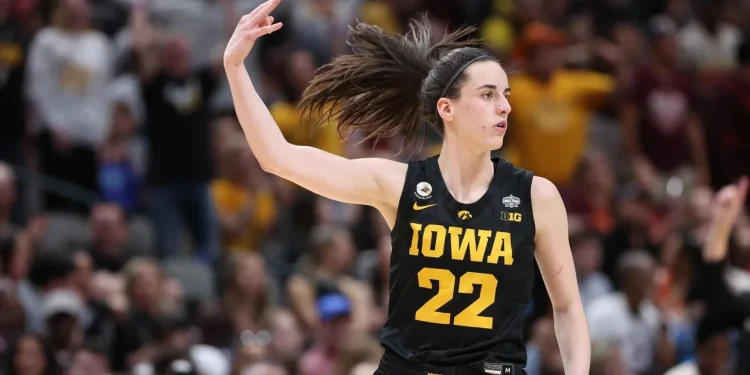Caitlin Clark, the Indiana Fever’s star and No. 1 pick, has encountered a tough transition from college basketball to the WNBA, feeling the brunt of the league’s physical nature. Only nine games into her professional career, Clark expressed her frustrations over the intense physical play. “I feel like I’m getting hammered,” Clark stated in an interview with Dominic Miranda of WTHR, highlighting her struggle to adapt to the harsher realities of professional play.
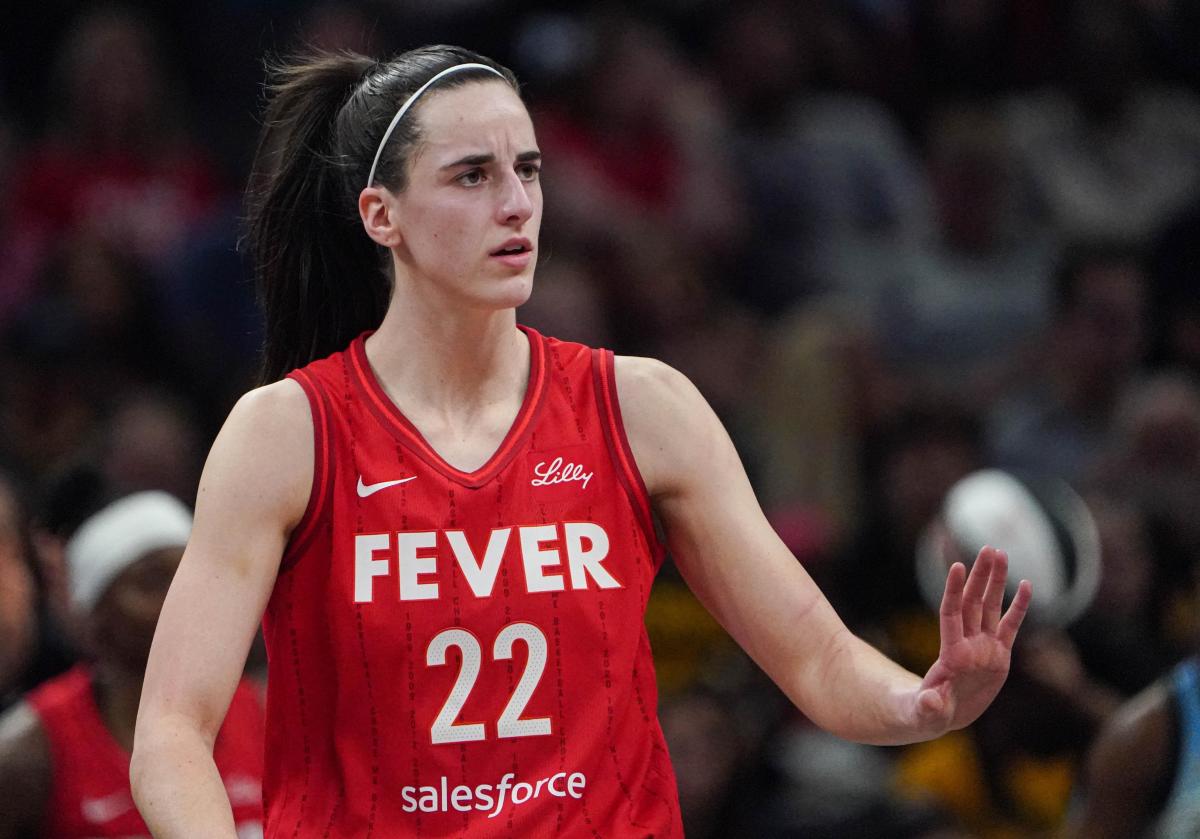
During a particular game against the Seattle Storm, which the Fever lost 103-88, Clark felt that several fouls against her went uncalled. The most notable incident occurred late in the third quarter on a missed layup attempt where she believed a foul occurred, but no whistle was blown. This non-call evidently frustrated Clark, who, aside from showing brief signs of irritation, chose to stay relatively quiet on the court.
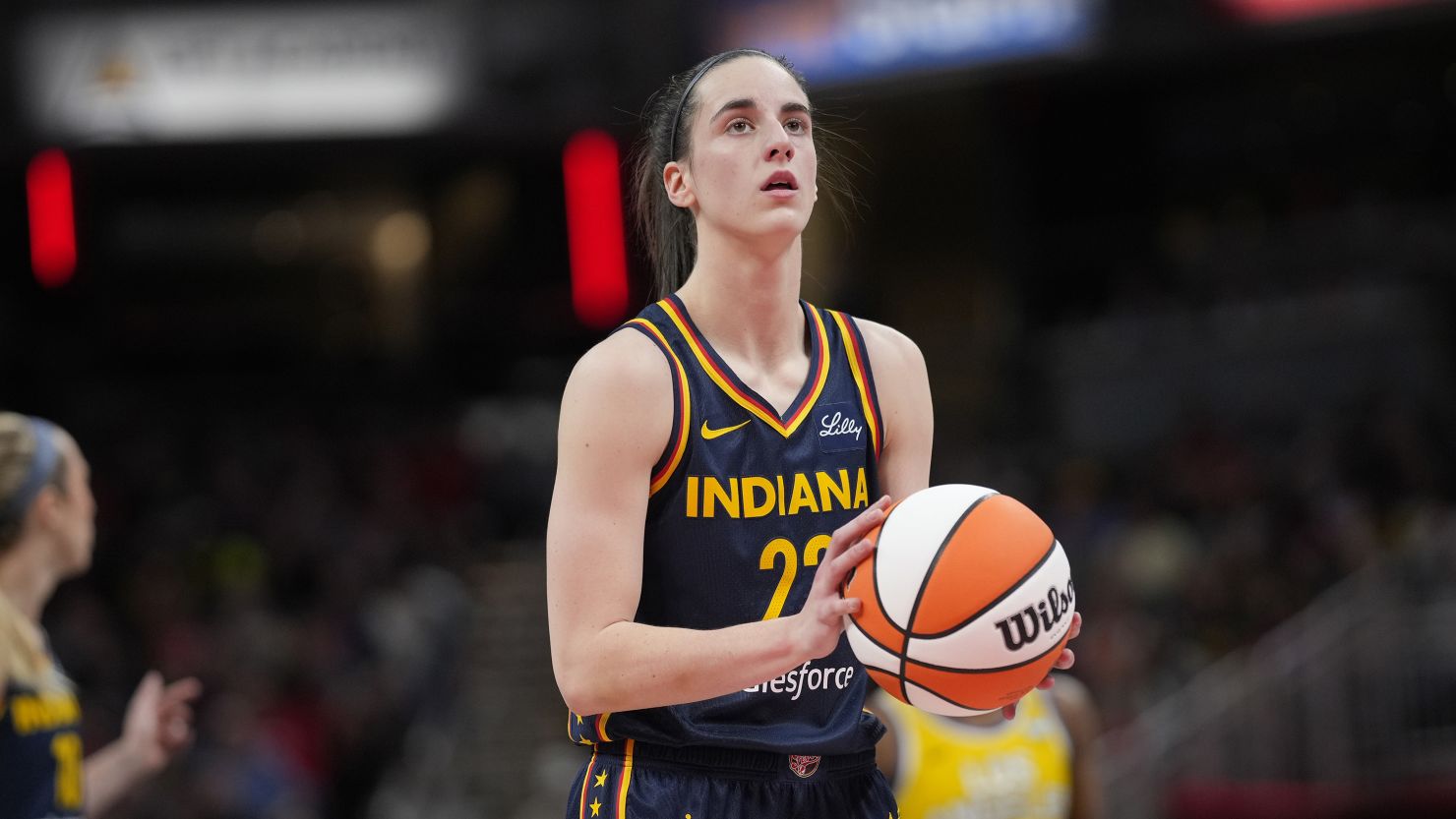
Coaching Support Amid Challenges
Christie Sides, head coach of the Fever, has been vocal in supporting her young star. “Caitlin’s learning, she’s fighting,” Sides commented, as reported by Matthew Byrne of Clutch Points. “The whole 40 minutes she’s in the game — on both ends — she’s getting beat up.” This acknowledgment by the coach underscores the ongoing adjustments Clark must make to handle the physical demands and officiating standards of the WNBA.
Interestingly, Clark’s response to the physical play has not been universally understood or appreciated. Her visible frustration and reactions, like a technical foul she earned for confronting Victoria Vivians of the Storm, reflect her competitive nature but also hint at her ongoing adaptation to professional norms.
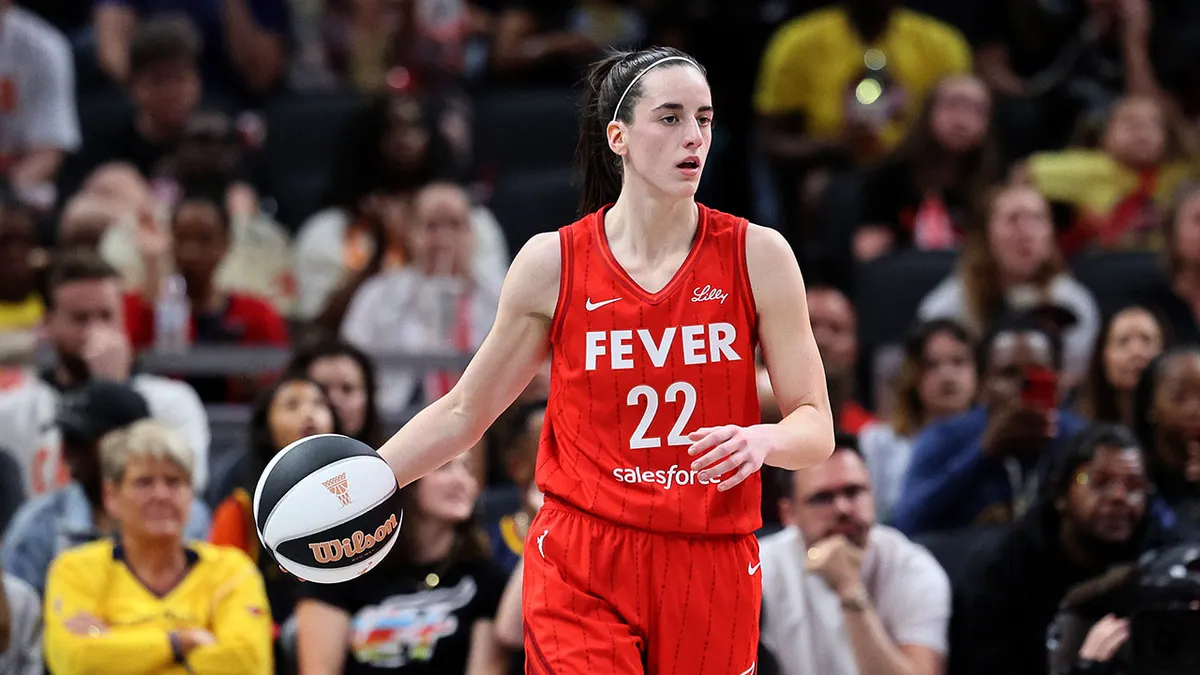
Comparisons and Contrasts: Rookie Responses to WNBA Physicality
Clark’s handling of the WNBA’s physicality contrasts markedly with other rookies like Angel Reese of the Chicago Sky. Reese, after experiencing a hard foul from Connecticut Sun forward Alyssa Thomas, notably thanked the veteran and encouraged other players to bring similar challenges. This difference in reactions highlights the varying ways rookies assimilate into the league’s culture and deal with physical play.
Caitlin Clark’s Impressive Early Statistics
Despite the challenges, Clark’s performance on the court has been noteworthy. In her first nine games, she has averaged 17.6 points, 6.6 assists, 5.1 rebounds, and 1.2 steals. Moreover, Clark’s historic achievement against the Los Angeles Sparks, where she became the first WNBA rookie—and only the fourth player ever—to record at least 30 points, five assists, five rebounds, three steals, and three blocks in a single game, underscores her potential and skill.
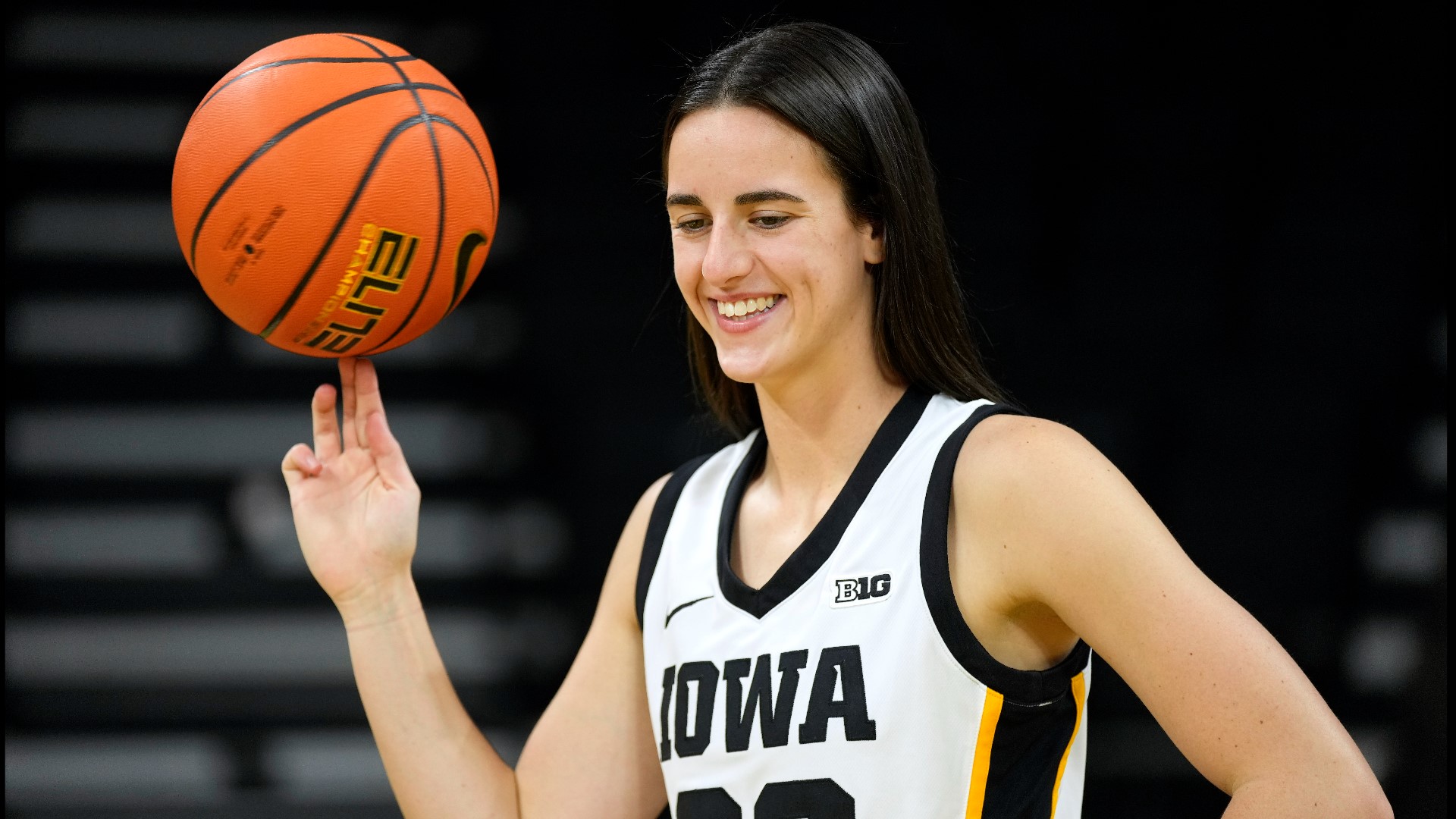
Focusing on Development and Adjustment
As Caitlin Clark progresses through her rookie season, the focus for her and the Indiana Fever will be on adapting to the WNBA’s style of play. Balancing her natural competitive spirit with strategic responses to physical challenges will be crucial for her development and success in the league. The discussions about her physical encounters and officiating may continue, but it’s her on-court performance and adaptability that will ultimately define her rookie campaign in the WNBA.
Clark’s journey is a vivid illustration of the challenges faced by top draft picks as they transition to the professional level. Her ability to adapt, supported by her coach and team, will be pivotal as she aims to leave her mark on the WNBA.
Source- Yardbarker


